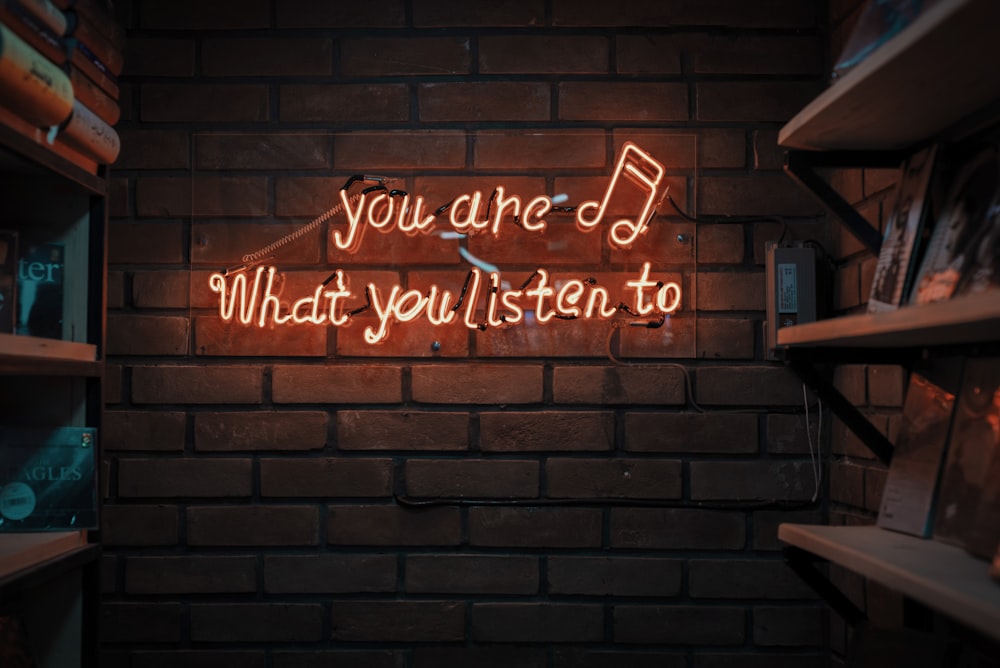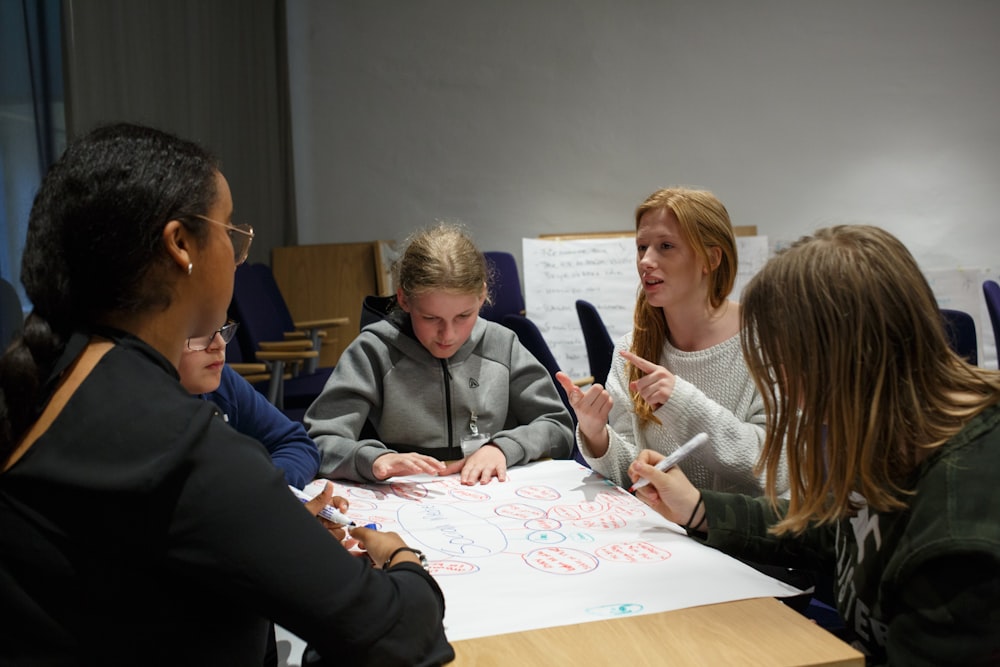While most people believe that they are good listeners – a 2015 Accenture study suggests 96% of people agree with this sentiment! – I came across a piece from Stephen Moss in The Guardian from earlier this year that suggests that many of us probably have some work to do in that area. Moss begins the piece by talking about a new book by journalist Kate Murphy called You’re Not Listening (which I’m adding to my own list of books to read) before looking more deeply into the science of listening.

As a researcher who does his share of focus groups and interviews, I found this article engrossing because it suggested to me that while I try very hard to be a good listener, many of the skills I utilize in my professional life don’t carry over so well to my personal life or my interactions with colleagues. Part of the problem is that my mind is almost always moving, and that means that I lack the habit of establishing the calm, quiet, focused mind that’s required to be good active listener.
One of the points of discussion in the piece involves how being a bad listener tends to make us feel less connected to others because we hear less of what they actually mean, interpret through our own lens too much of what we think they mean, and generally find ourselves in conflict or more defensive states as a result. In other words, being a bad listener to others can make us feel lonely, and I’d argue that there’s a lot of face validity in such a notion.
Here’s a quick rundown of what else Moss covers in this piece:
- If you find other people tedious or dull, it’s often because you aren’t taking the time to get them to talk about things which are actually interesting. Good listeners are inherently curious, and Moss and Murphy both reference the great Studs Terkel as a role model for great interviewing style.
(I also often advise my qualitative research students to listen to NPR’s Terry Gross, who is so focused on her subjects’ voices she sits alone in a darkened room and interviews them via a microphone and headphones while she pores over voluminous notes to ensure she asks the right things.) - Listening to others can be a joyful exercise anyone can be good at performing, but it’s a skill that requires practice and a desire to be better. It also requires empathy, since people are often sharing parts of themselves as they engage in conversation, and the deeper the discussion goes, the more personally connected they feel.
- Psychotherapist Gillian Rowe notes that it’s hard for people to let go of their egos when listening, and that even married couples struggle to listen to each other fully, as they often have difficulty repeating back what the other person just said.
- Murphy says the hallmarks of a great listener are a calm demeanor and a mindful presence. An interviewer who is distracted or constantly interrupting is generally poor at fully listening.
- While it is often true that women are better listeners than men, it’s of course not something that should be generalized.
(I would argue that this has a lot to do with the shaping of the collaborative context in which young girls tend to grow up versus the competitive context in which young boys tend to grow up, but that is pure speculation on my part.) - The supercharged form of listening (which often requires training and practice) is called active listening, a term developed in 1957 by psychologists Richard Farson and Carl Rogers. This technique involves many tools and techniques – as well as behaviors to avoid – but it is helpful for getting those who are speaking to more fully express themselves.
Moss discusses how these tools are used by the UK charity Samaritans to listen to anyone who needs to express him or herself to a sympathetic voice. The agency’s goal is not to simply create a dependency, but to validate and then help those who feel unheard and allow them to take the next steps to move on. That requires powerful active listening skills. - Moss further discusses how journalists can benefit from having better active listening skills. One area a colleague discusses is the power of silence, which may feel uncomfortable to the interviewer, but which allows some space for the subject to think his or her way through to the next moments of the discussion, particularly where emotion is involved.
(This made me think of scenes from many news reports and documentaries where people who are being interviewed are given time to be silent and allow the camera to linger for a moment. These sorts of pauses are often used to conclude a scene or punctuate an emotion. These moments allow the audience to fully process what’s being said. They’re powerful for a reason.)
What’s most intriguing about all of this to me is that I feel like many of us have some idea of what a good listener looks and feels like, because I’ve attended many seminars, meetings and group sessions where those involved can be very intently focused on hearing what others have to say and can repeat with great clarity what they’re taking away from the session. Those sessions almost always leave the participants feeling inspired and energized, and the time just flies by.

I’ve also been to highly contentious meetings where the people in the room were visibly distracted, jumped to conclusions too quickly or failed to listen to anything that didn’t suit their understanding or agenda. These meetings almost always feel like a slough that inevitably drives those in attendance to have long conversations afterwards reflecting on what went wrong.
It could be that giving ourselves encouragement to really, truly listen could help us not only to hear more capably and feel more connected to others, but also to find more joy in the exercise of simply letting someone else speak for awhile.
We hope this article has been helpful to you, and we want you to know that we’re here to be a resource however we can be on anything you’d like to know about marketing research!
Please feel free to check out our other articles, watch our Youtube Channel, connect with us on LinkedIn or Facebook or to contact us. We’d love to hear from you!
